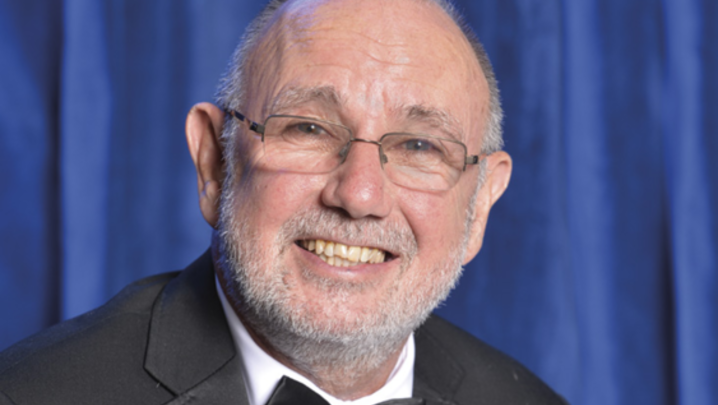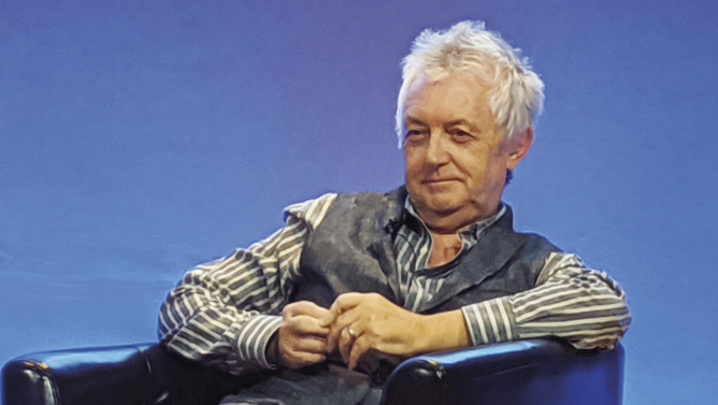Colin McKeown traces the roots of his city’s special TV culture to explain its allure to writers
For a long, long, long time the problem with being a TV producer in Liverpool was very simply that there was no one to trade with. In other words, there was no TV culture.
I’m happy to say that I was one of the founding fathers of a show that ignited a new TV culture. Brookside began on 2 November 1982 at 8:00pm on the channel that gave birth to independents, which was, of course, Channel 4.
The trickle-down effect was that independent producers started to emerge in all genres, from drama and documentary to reality TV. Brookside was the new kid in town, much scoffed at and maligned by its (well-heeled) counterparts, such as Coronation Street, produced in Manchester.
However, from its manufacturing base in Liverpool, Brookside embraced both new technology and new techniques. We bought two Steadicams direct from Los Angeles.
Brookside was shot in a filmic, single-camera style and its production values encouraged a new generation of British film-makers who wanted to produce feature films. Along came Letter To Brezhnev, part-financed by Channel 4, and the 1980s revolution that was the foundation of what we have today.
I produce a range of drama in Liverpool that starts at the low-beer end with a series of one-off, Play for Today-style daytime dramas. Last month saw us complete 45 episodes of this series, entitled Moving On, which was created by Jimmy McGovern.
At the higher end of the food chain, I have produced feature films such as Liam, directed by Stephen Frears. He started his film career in Liverpool with a movie starring Albert Finney, called Gumshoe.
In 2014, I produced the award-winning film Common, which has helped change the “joint enterprise” law – also written by McGovern.
Liverpool has always been a city for storytellers
Recently, we launched his latest film, Reg, the true story of Reg Keys, who challenged Tony Blair about Britain’s involvement in the Iraq war. Reg stars Tim Roth and Anna Maxwell Martin and was shown by BBC One on 6 June, the 72nd anniversary of D-Day.
The BBC believed in the film so much that News at Ten was delayed until 10:30pm. This is an accolade that the city of Liverpool can feel extremely proud of.
Our culture that ignited in the 1980s strengthens every year. Liverpool has always been a city for storytellers. Writers of the calibre of McGovern, Frank Cottrell-Boyce, Alan Bleasdale and Willy Russell have been the forefathers of a newer generation of writers such as Nick Leather, Shaun Duggan, Colette Kane, Esther Wilson, Arthur Ellison, John Fay, Nicky Allt and Dave Kirby.
These days, if you throw a stick out of a window in Liverpool you won’t hit a writer, you’ll hit two. Liverpool is an inspirational city and therefore writers and film-makers gain a real sense of place, in the way that Muslims can with Mecca.
Film-makers and technicians who were drawn to London are now taking every opportunity to come back, whether on a project basis or making that lucrative move from south to north.
Liverpool writers tap into the fibre of the place, which yields a hard rock of matriarchs and underpins a phenomenal resilience. I don’t believe that any other city could have endured and finally triumphed over the atrocities that it was subjected to during the 27 years of the Hillsborough tragedy.
The journey of a city was uniquely dramatised by Jimmy McGovern in his ITV drama Hillsborough, which first aired in 1996.
It helped Liverpool fight back. One of the best tools this wonderful place could ever have had was fashioned by creative writing. As more world-class talent is being drawn to the city, its future could not be brighter.
Colin McKeown MBE is the founder of LA Productions and the Liverpool Film Academy.





